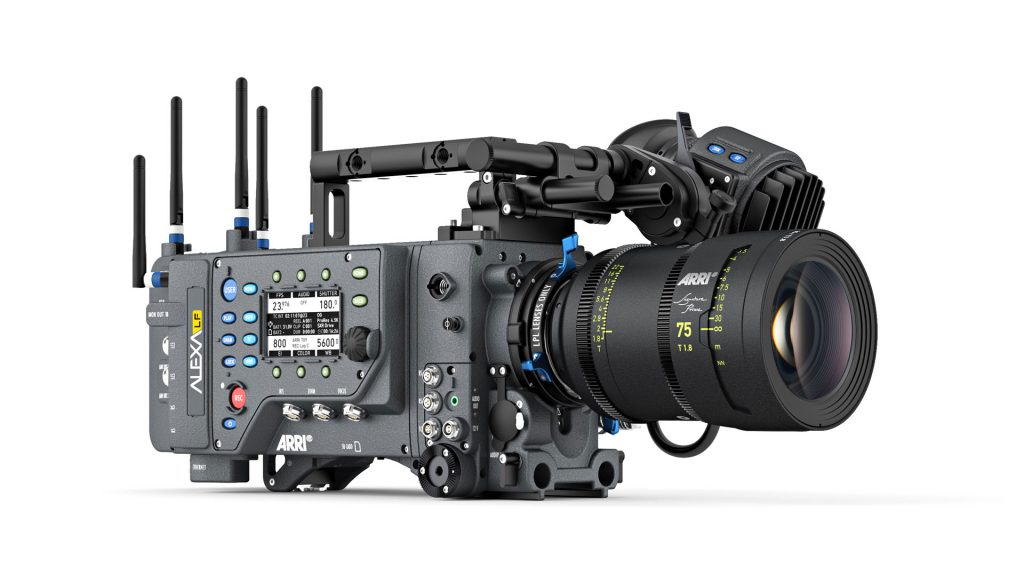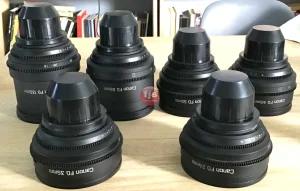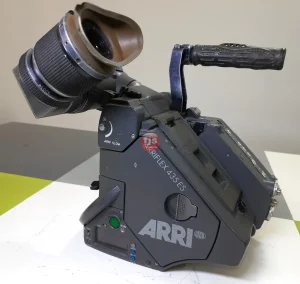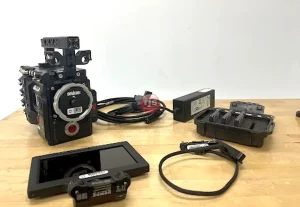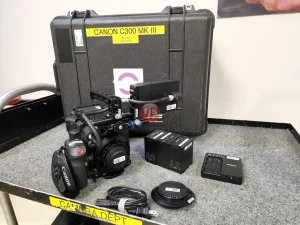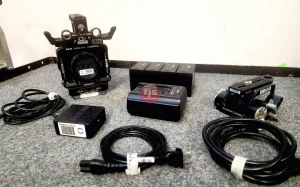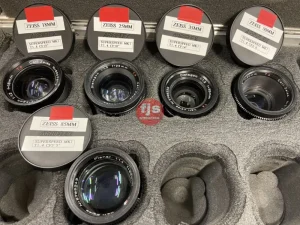In this guide, we will explore the basics of filmmaking and provide tips for beginners. The first step in making a film is to develop a concept or story. This can come from personal experiences, books, or other media. Once you have a concept, it’s important to create a script that outlines the plot and characters.
Filmmaking preproduction
After completing the script, the next step in pre-production is casting. It’s important to find the right actors to bring your characters to life. You can hold auditions or work with a talent agency to find the right fit.
Once you have your cast, it’s time to scout locations. Look for places that match the vision you have for your film and make sure you secure any necessary permits.
In addition, you’ll need to assemble a crew including a director of photography, sound engineer, production designer, and more depending on the needs of your film.
Finally, create a detailed shooting schedule and budget plan. This will help you stay organized during production and ensure that you’re staying within your financial means.
Remember, pre-production is crucial as it sets the foundation for your entire film. Take your time and make sure everything is in place before moving on to production.
Equipment
- Camera
- Tripod
- Lenses
- Lighting
- Lighting
- Filmmaking Editing software
- Gimbal equipment
- Storage
- Reflectors
Camera
Filmmaker’s most important tool? A camera, of course! As a beginner in filmmaking, it can be overwhelming to choose the right camera for your project. Consider factors like budget, desired image quality, and ease of use. DSLR cameras are a popular choice among beginners as they offer great image quality and versatility at an affordable price point. Once you have your camera, experiment with different settings and learn how to properly frame your shots. Don’t forget about sound – clear audio is just as important as good visuals. Invest in a decent microphone and learn how to capture high-quality audio on set. Finally, don’t be afraid to collaborate with others and seek feedback on your work. With practice and dedication, you’ll soon be on your way to creating stunning films!
Tripod
A tripod is another essential tool for filmmakers. It helps stabilize your camera and prevents shaky footage, which can be distracting to viewers. Look for a sturdy tripod that can support the weight of your camera and has adjustable legs for different heights. When setting up your tripod, make sure it’s on level ground and use a spirit level or the built-in level on your camera to ensure it’s straight. When shooting, use smooth movements and avoid sudden jerks or pans. Remember that filmmaking is a collaborative process – work with others to bring your vision to life and don’t be afraid to ask for help or feedback. With practice, patience, and passion, you can become a skilled filmmaker and create unforgettable stories that captivate audiences.
Lenses
One of the most important tools in your arsenal is lenses. These handy accessories can greatly affect the look and feel of your footage. Wide-angle lenses can capture more of a scene, making it feel expansive and open, while telephoto lenses can zoom in on details and blur out the background, creating a more intimate shot. Prime lenses have a fixed focal length, meaning you have to physically adjust your position to frame your subject, but this can also lead to more creativity and experimentation.
Zoom lenses offer more flexibility, but may not have the same image quality as prime lenses. To choose the right lens for your project, consider the type of shots you want to achieve and experiment with different lenses to find what works best for you. However, keep in mind that even the best equipment won’t make up for a lack of good storytelling – engaging your audience should be your top priority.



